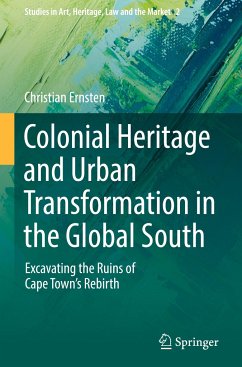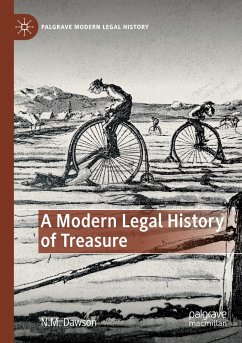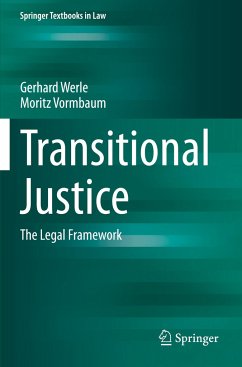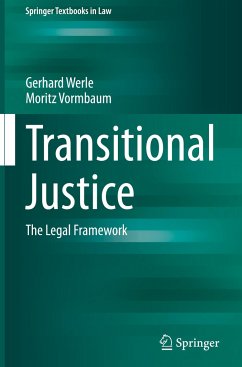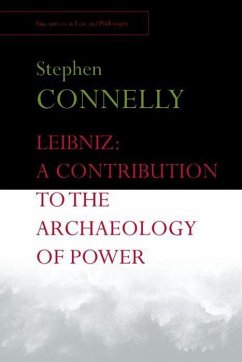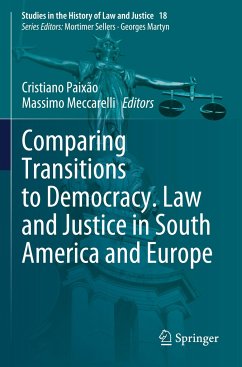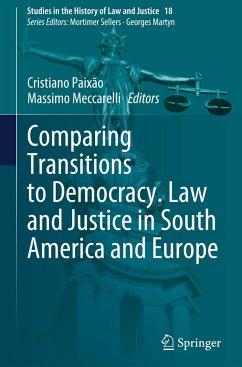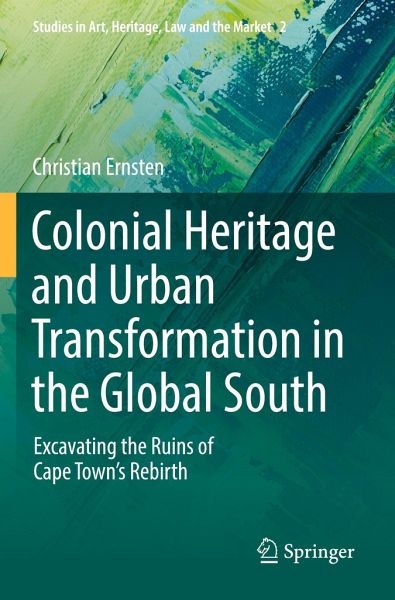
Colonial Heritage and Urban Transformation in the Global South
Excavating the Ruins of Cape Town's Rebirth
Versandkostenfrei!
Versandfertig in 6-10 Tagen
91,99 €
inkl. MwSt.
Weitere Ausgaben:

PAYBACK Punkte
46 °P sammeln!
This book traces and analyses the role of heritage in the urban transformation of the city of Cape Town. By looking at discourses of heritage and urban design, the book shows how Cape Town positions itself as an emerging global city in the context of a series of global events. The book points at how a heritage focus on the themes of post-colonial and post-apartheid reconciliation, restitution and memory in the city shifts to a focus on creativity, design and the arts. Thereby showing how traumatic remnants of colonialism and apartheid are reframed as "design challenges". Furthermore, it argues...
This book traces and analyses the role of heritage in the urban transformation of the city of Cape Town. By looking at discourses of heritage and urban design, the book shows how Cape Town positions itself as an emerging global city in the context of a series of global events. The book points at how a heritage focus on the themes of post-colonial and post-apartheid reconciliation, restitution and memory in the city shifts to a focus on creativity, design and the arts. Thereby showing how traumatic remnants of colonialism and apartheid are reframed as "design challenges". Furthermore, it argues that the idea of a transformed society is projected into a future time and the chaotic present everyday life is left to its own devices. Against this backdrop, the book lays out the opportunities for epistemological reset and decolonial reflection on the city's deep histories, its embedded injustices and traumas that surfaced.



